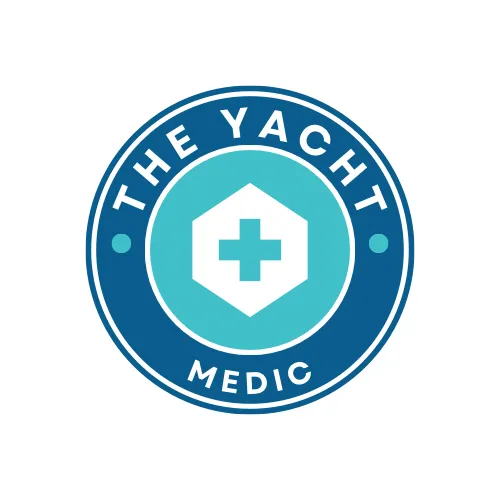See Our Latest Blogs
Beyond Boundaries, Beyond Rescue
Mastering Self Reliance At Sea

Is Yachting Trauma Informed
ARE WE TRAUMA INFORMED IN YACHTING, ARE YOU?
Implementing Trauma-Informed Leadership on Your Yacht.
Creating a Trauma-Informed Environment:
Conduct a safety audit of the physical environment to ensure it's conducive to healing and well-being. This includes considering the layout of living spaces, accessibility of quiet areas, and availability of mental health resources.
Foster an atmosphere of openness where crew members feel comfortable discussing their experiences and seeking support.
Trauma-Informed Communication:
Use active listening and reflective responses to validate crew members' feelings and experiences. Avoid dismissing or minimizing their concerns.
Example: If a crew member shares a distressing experience, acknowledge their feelings with responses like, "I hear that you're feeling overwhelmed, and I'm here to support you."
Responding to Trauma:
When a crew member exhibits signs of trauma, respond with empathy and patience. Avoid pushing them to "get over it" or resume duties immediately.
Example: If a crew member has a panic attack, calmly guide them to a quiet space, help them focus on their breathing, and offer time off to recover.
Self-Care for Leaders
As a leader, you are also vulnerable to the effects of trauma, particularly secondary trauma from supporting others. Prioritize your own well-being to maintain your capacity to lead effectively.
Strategies for Self-Care:
Establish boundaries between work and personal time to prevent burnout.
Engage in regular physical activity, mindfulness or prayer practices, or hobbies that help you recharge.
Seek peer support or professional coaching or counseling when needed to process your own experiences.
Conclusion:
Trauma-informed leadership is not just about managing trauma—it's about creating a culture of safety, trust, and support that allows your crew to thrive. By adopting these principles, you'll foster a resilient, cohesive team that can navigate the challenges of life at sea with strength and empathy.
What Next?
If you found this micro-course helpful, consider enrolling in the full Adventure Ready Program, where we dive deeper into leadership, mental resilience, and team dynamics in high-stakes environments.
Stay strong, stay supportive, and lead with compassion.
Sail Safely with Expert Medical Training
Resilience & Psychological First Aid For Yachts

Resilience First Aid (RFA) is a proactive approach to mental health, designed to equip yacht crew with the skills to prevent burnout, manage stress, and strengthen mental resilience.
Psychological First Aid (PFA) is an
immediate, compassionate response to mental distress after a crisis,
support each other emotionally, reduce trauma impact, and promote recovery
after major incidents.
Medical First Aid & Planning for Yachts

This course is designed to equip yacht owners & crew with essential first aid skills and the knowledge to set up a well-stocked and effective medical kit. Whether you're preparing for remote cruising or need to update your onboard medical resources, this course ensures you’re ready for any medical emergency.
Yachts operate in remote locations, often far from immediate medical help.
Adventure Preparation for Remote Environments

When you venture into remote environments preparation is everything. The Adventure Ready Program equips leaders, yacht crew, expedition teams, and outdoor professionals with the medical skills, resilience training, and leadership strategies
needed to handle emergencies, adapt under pressure, and thrive in extreme environments.
Be Prepared, Stay Safe & Protect Your Crew
© The Yacht Medic - All Rights Reserved,
Photography & Media by Oli Riley Photography

info@the-yacht-medic.com
+34610120242
Palam de Mallorca, Spain
